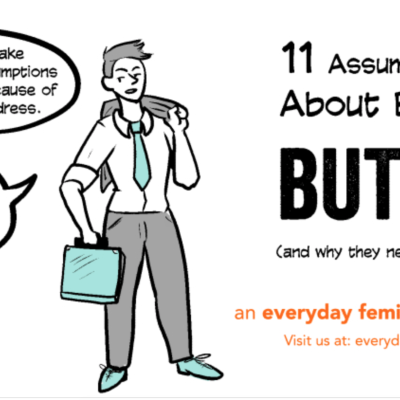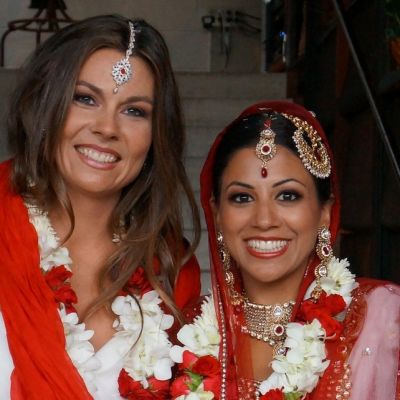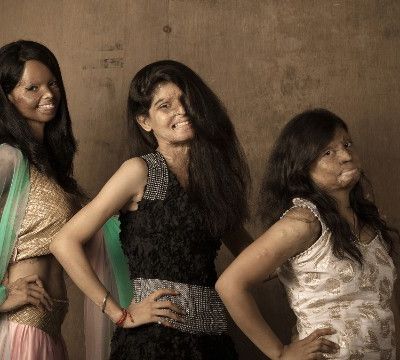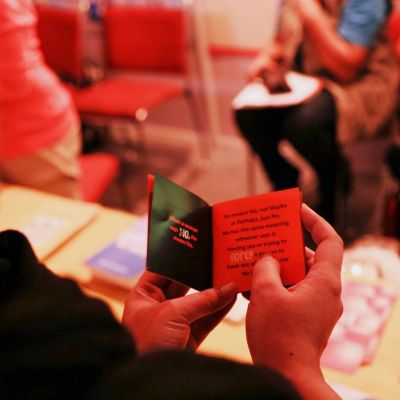Curated Content
Foods of various kinds have been historically used to prevent conception and to induce abortion. 4000 Years For Choice celebrates the practices…
The misconceptions associated with the varied manifestations of femininity can be exceedingly deleterious and reinforce gender roles, traditional patriarchal ideas, and stereotypes related to bodies, expressions and the way we experience our sexual and romantic relationships.
Twitter has been rumbling with chuckles and giggles over the last few days with a trending slew of Tweets and…
But what about the “moments we don’t Instagram”? What about the uglier parts of our physical lived realities? What about the parts of our body, our identities, our sexuality we don’t perform on social media, but are still an intrinsic part of who we are?
“Moti” is often used as a slur, a denigrating epithet translating as “Fatty”, that is used to shame and to degrade; but when the “t” sound is pronounced differently, it becomes “moti”, a pearl – shining, precious, priceless.
“Moti” is often used as a slur, a denigrating epithet translating as “Fatty”, that is used to shame and to degrade; but when the “t” sound is pronounced differently, it becomes “moti”, a pearl – shining, precious, priceless.
[slideshow_deploy id=’5886′] In India, non-heterosexual couples cannot openly celebrate their love and their relationships or form families. However, Indians living…
[slideshow_deploy id=’6065′] The following photographs question our notions of beauty and an ‘ideal’ body. Rahul Saharan shot a series of…
While we’ve grown used to hearing porn blamed for society’s ills, it’s now the medium’s comparatively matronly cousin – romance novels – that have come under scrutiny.
Bleaching syndrome is not a superficial fashion, it’s a strategy of assimilating a superior identity that reflects a deep-set belief that fair skin is better, more powerful, prettier. And it’s not limited to India; skin bleaching is also common in the rest of Asia and in Africa.
Essentially, the ‘reclaim the night’ or ‘take back the night’ movement fights for a woman’s right to be out and about post sunset.
Every contemporary debate, from homophobia and intolerance, finds an echo in the Rajasthani writer’s stories. Vijaydan Detha’s Dohri Zindagi starts…
The war continues as queer collectives, LGBTQ support groups, and college students across the country rally for safer, more inclusive educational institutions.
By Kirrat Sachdeva This post is part of TARSHI’s #TalkSexuality campaign on Comprehensive Sexuality Education in collaboration with Youth Ki Awaaz. Talking about the need…
The young Suchitra Sen – then plain Krishna Dasgupta – apparently once sat on a school bench and announced that she would be remembered long after her death. An ordinary middle class girl who was one of nine siblings, and an average student bereft of any artistic talent, all Sen had was her looks. But apparently, that was enough. “She was conscious of her great beauty… and behaved as if she… deserved every bit of the natural selection,” wrote Susmita Dasgupta in a thoughtful Facebook note.














